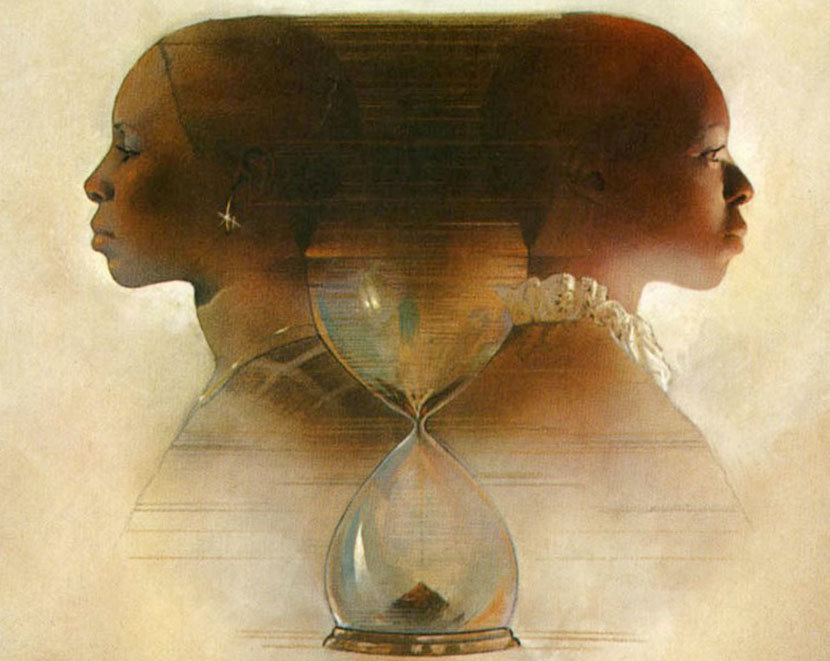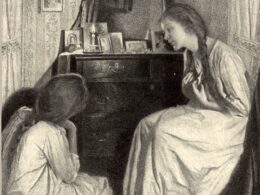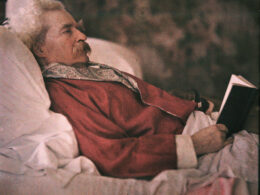Octavia E. Butler (1947–2006)
From Octavia E. Butler: Kindred, Fledgling, Collected Stories

Fifteen years ago this month, Octavia E. Butler unexpectedly and tragically died at the age of 58, following a fall outside her home in Seattle.
Known for her groundbreaking science fiction—and for many years the only African American woman publishing regularly in the genre—she was author of such best sellers as Kindred and Parable of the Sower.
She often told audiences stories about how she felt compelled to become a writer—and, in particular, a writer of science fiction. One anecdote was from her childhood, when she saw Devil Girl from Mars on late-night television. “As I was watching this film, I had a series of revelations. The first was that ‘Geez, I can write a better story than that.’ And then I thought, ‘Geez, anybody can write a better story than that.’ And my third thought was the clincher: ‘Somebody got paid for writing that awful story.’”
Although she won many prestigious awards and devoted readers during her lifetime, since her death her fame and influence has increased astronomically (literally: both a mountain on Pluto and a main-belt asteroid are named for her). Many of the books and stories she wrote during the 1980s and ’90s seem eerily prophetic today. Yet her most famous novel isn’t really science fiction at all, as we discuss in the introduction to our current Story of the Week selection: Butler’s fascinating essay outlining the path of her career from early childhood in the 1950s to her status as a full-time writer in the 1980s.



